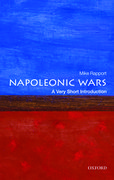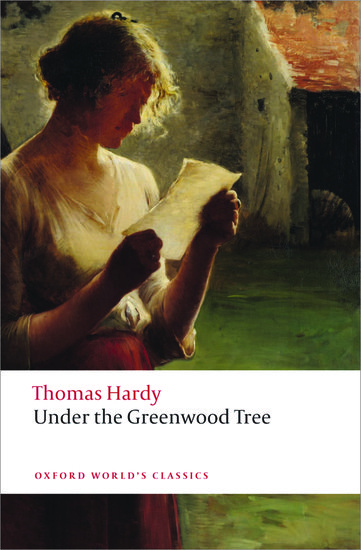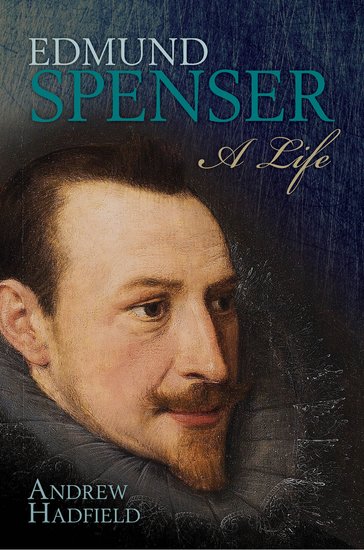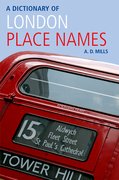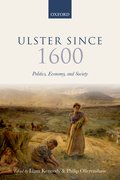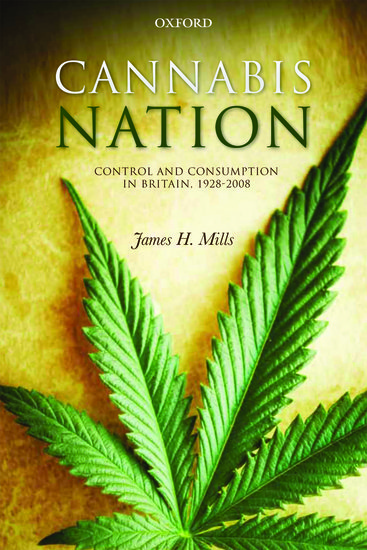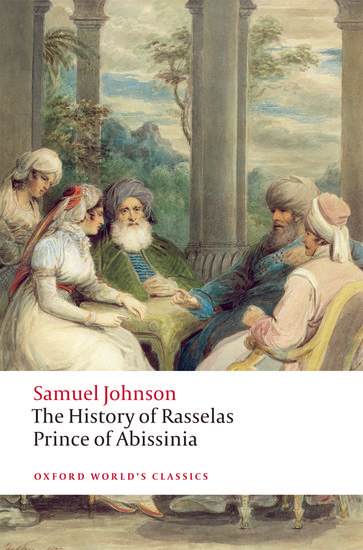Richard Burbage: Shakespeare’s first Hamlet
By Bart van Es
The death of Richard Burbage in 1619 caused a minor scandal. So lavish was the outpouring of grief that it threatened to overshadow official mourning for Queen Anne who had died a few days before. Shakespeare’s leading actor had a legendary status in the seventeenth century. It is also a minor scandal that he is not more famous today.





